
Sen. Kelly: Read the boat strike memo into the Congressional Record
Legislative immunity was made for this moment

Legislative immunity was made for this moment
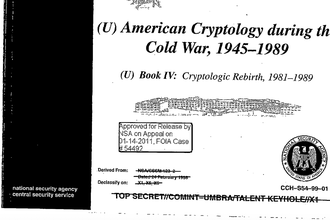
Plus: Let’s call DHS what it is — a domestic spying agency.

Plus: Public records give the DOJ two black eyes this week

Plus: FOIA requests we filed this week and why we’re sharing
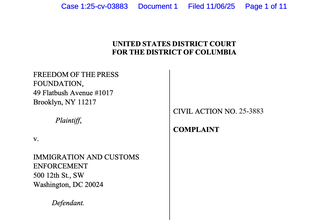
FOIA lawsuit targets ICE’s efforts to stop congressional oversight of detention facilities
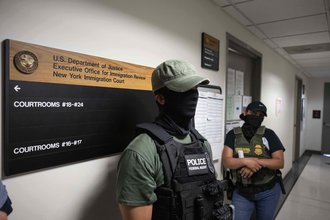
Plus: The case for making public records-based reporting free
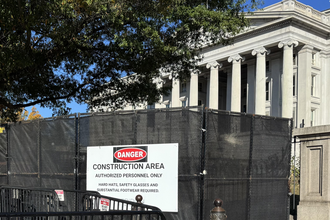
And how we are looking for answers

Plus: Tell Congress that FOIA must apply to ICE’s secret prisons

Plus: Secret law provides cover for more killings
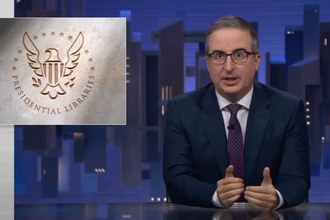
Plus: There shouldn’t be secret law. Pam Bondi didn’t get the memo